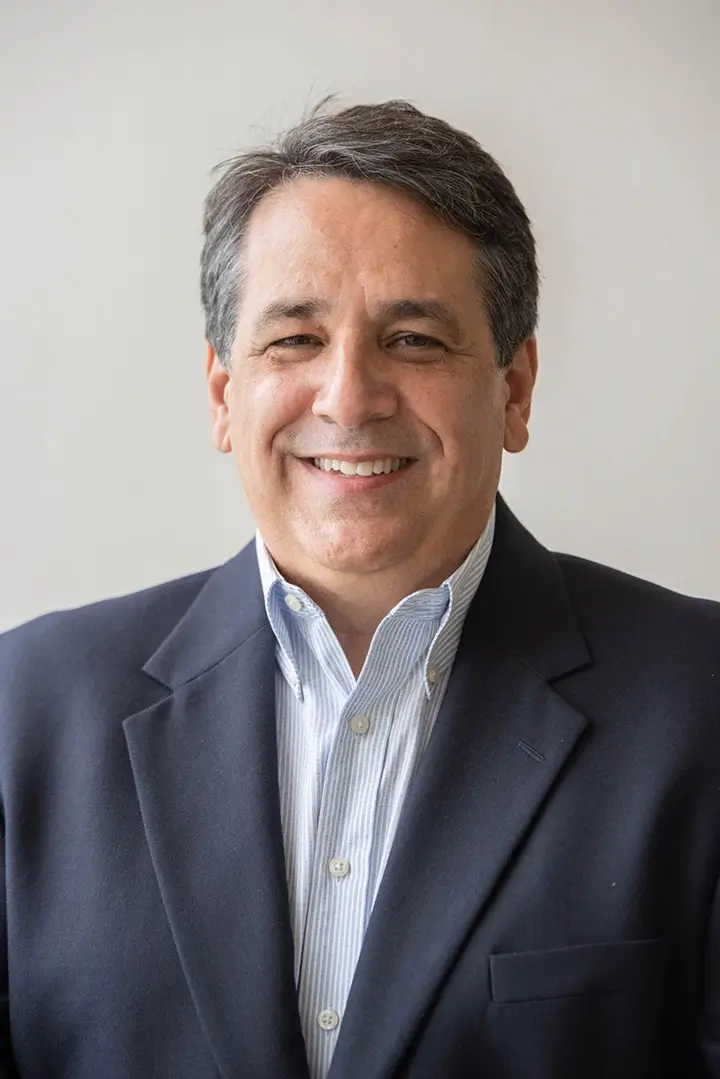Adult stem cell therapy has been used for many diseases
including heart failure, liver failure, stroke, multiple sclerosis, and even
drug resistant tuberculosis. The biological basis for how stem cell therapy
works seems to be two-fold. On the one hand, the stem cells appear to have the
ability to become new tissues, on the other hand, the stem cells produce various
proteins that stimulate the body to heal itself. One condition for which stem
cell therapy may offer great hope is Duchenne Muscular Dystrophy, a disease in
which muscle cells deteriorate due to the presence of a mutated gene (dystrophin)
whose protein produce is involved in muscle contraction.
Researchers from Cellmedicine in collaboration with
Medistem has previously published a case report in the peer-reviewed literature
demonstrating improvement in a Duchenne’s patient treated with mesenchymal stem
cells (Ichim et al. Mesenchymal stem cells as anti-inflammatories:
implications for treatment of Duchenne muscular dystrophy. Cell Immunol.
2010;260(2):75-82). The patient described in the paper, Ryan Benton, was
the subject of a previous news report which is available at
http://www.youtube.com/watch?v=Jyt2LHayjcs.
Today a news report was published describing follow-up on
Ryan Benton as well as another Duchenne’s patient Ian Conner that was treated
with stem cells by Cellmedicine.
Ryan and Ian have known each other all of their lives,
having watched their condition progressively deteriorate. Last year Ian’s
condition substantially worsened.
"At the time, I didn’t think I was going to live much
longer," Conner said. His mother Laurie Conner stated "Last year, I thought it
would be very soon that he would be dying. We needed to get ready, because he
was so sick, in bed a lot and he felt terrible." However there was a glimmer of
hope. Ian’s mother told him about the response Ryan had after receiving stem
cell therapy.
"We got a muscle biopsy back and it has produced dystrophin
and it’s producing normal amounts of dystrophin," Ryan said. He continued "The
main difference I’ve noticed I’ve gained a lot of weight I was down to 77
pounds."
The treatment appears to show greater effects the more
times the stem cells are injected. Both Ian and Ryan are hoping that stem cell
therapy for Duchenne’s will one day be approved in the United States so that
they do not have to travel outside of the country.
Dr.
Riordan has been in discussions with various organization and welcomes any input
on collaborations that can be used to accelerate implementation of this approach
through the Food and Drug Administration.

